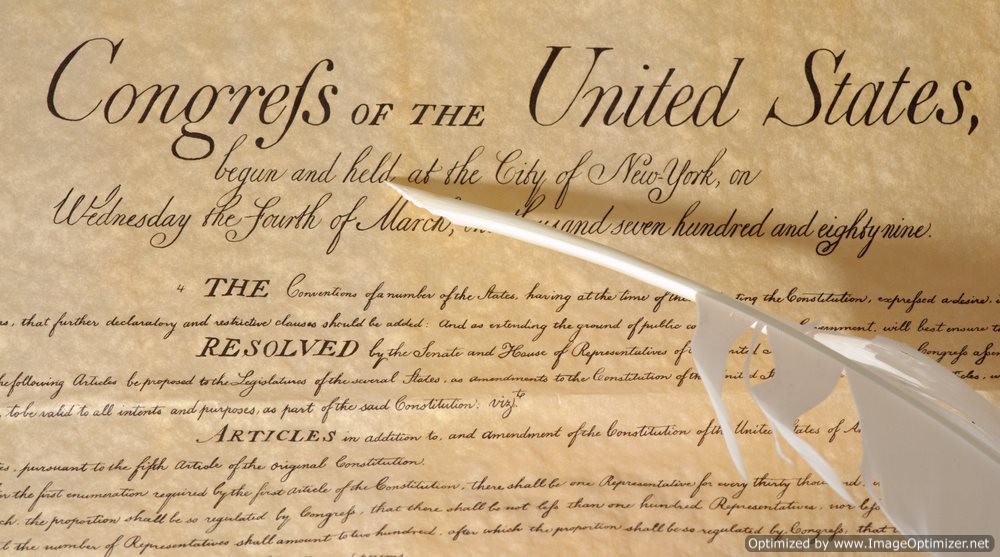Library of Congress Copyright
What is the Library of Congress?
The Library of Congress is the official research library of the United States Congress. In regards to shelf space and the number of books, the Library of Congress is the largest library in the world. Located in Washington D.C., the building stands as the oldest federal cultural institution in the United States.

The Library of Congress was constructed in 1800 and housed in the United States Capital for the majority of the 19th century. Following the War of 1812, a vast majority of the library’s documents and books were destroyed; however, following a number of donations, most notably by Thomas Jefferson, to restore the Library of Congress’s collection of works.
The Library of Congress’s primary mission is researching inquiries made by members of Congress through the Congressional Research Service. Although the Library of Congress is open to the public, only Members of the United States’ Congress, Supreme Court Justices and other high-ranking government’s officials may check out books or resources.
The Library of Congress is regarded as the de facto national library, and as such, promotes literacy and American literature through a number of projects and government-funded initiatives. In addition to housing numerous resources, government documents and works of literature, the Library of Congress also enables creators of art to formally register their works with the United States Government.
Library of Congress Copyright Explained:
Copyright laws are designed to protect the creator of intellectual works (musical recordings, drawings, paintings, sculptures, movies etc.) from duplication or distribution. That being said, it is not necessary to register such works with the Library of Congress to be protected, for the creator of any work holds the copyright the moment a work is put in a fixed form, such as recorded or on a piece of paper.
Although a tangible creation carries an inherent form of protection, a Library of Congress Copyright solidifies the work as the individual’s and affirms protection through a government intermediary. Additionally, once an individual registers for a Library of Congress Copyright, the work is placed in a database. This system will ensure that the work, along with its intricacies, will be free from duplication.
Obtaining a Library of Congress copyright provides the creator with a certificate of registration; this registration is proof of the copyright and officially becomes a matter of public record. This tangible document will become useful if any questions of plagiarism arise in future litigations.
This benefit cannot be understated; the obtainment of a Library of Congress Copyright will expedite any Copyright Infringement filing or case that an individual may file in the future.
How do I obtain a Library of Congress Copyright?
To register for a Library of Congress Copyright, an individual must fill out a form CO and pay the required filing fees. The Library of Congress Copyright form may be filed as a hard copy ($50 filing fee) or online at the Copyright Office Website ($35 filing fee).
In addition to the filing fees, you must also provide a nonreturnable copy of the work to be deposited in the copyright office—the work must be made tangible on paper or as a recording for music (sheet music is also acceptable).
All information provided to the copyright office will become a matter of public record. Once you have officially received the certificate for the Library of Congress Copyright the work will be protected for your life plus an additional 70 years after death. It is suggested that before you apply for a Library of Congress Copyright you utilize a copyright search to see if your work is already registered with the Copyright Office or the Library of Congress.